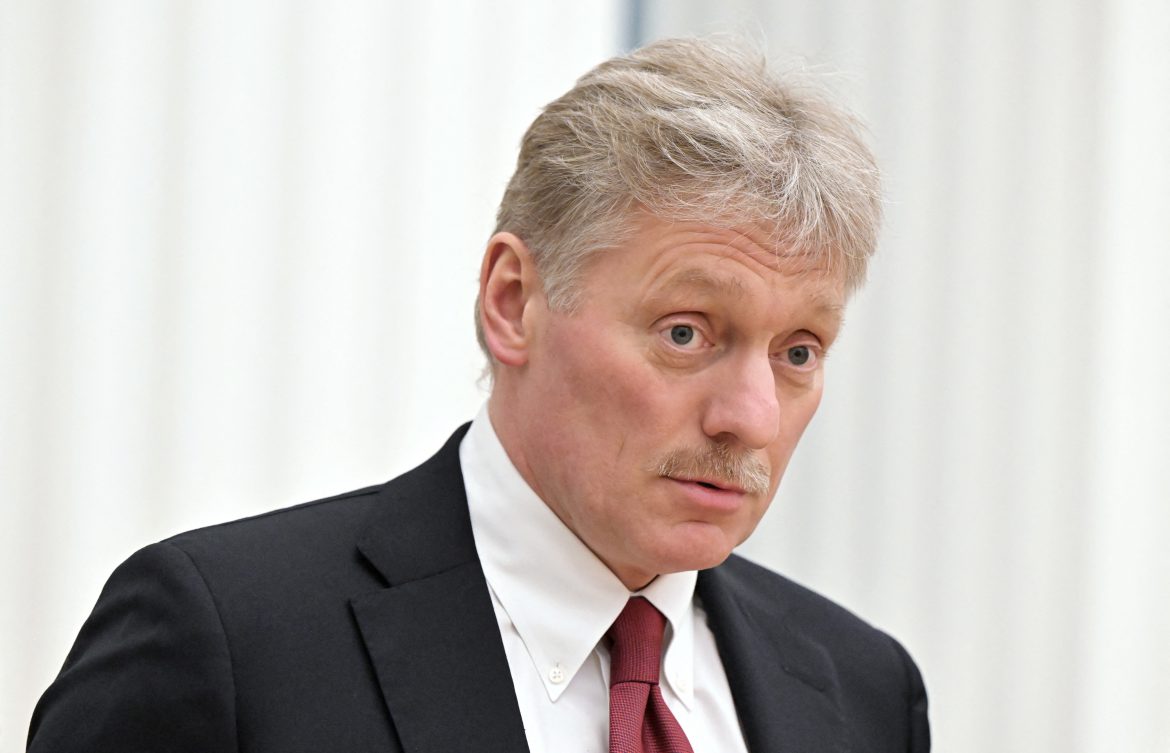The Kremlin confirmed Wednesday that it is in direct communication with the Armenian government following the high-profile arrest of Samvel Karapetyan, a Russian-Armenian billionaire and longtime benefactor of Armenian institutions, including the Church. Karapetyan was detained on June 17, shortly after issuing a scathing critique of Prime Minister Nikol Pashinyan’s handling of national and religious affairs.
“We are in contact with our partners in Armenia, in Yerevan,” Kremlin spokesman Dmitry Peskov told reporters. “This is our important ally—we have highly developed, multifaceted relations. And of course, since Samvel Karapetyan is also a citizen of the Russian Federation, relevant communications are ongoing.”
Though Peskov did not elaborate on the nature of those discussions, his comments echoed growing unease in Moscow over the incident. Russia’s Foreign Ministry and several lawmakers have expressed concern about what they view as politically driven charges, with Karapetyan’s arrest widely seen in Armenia’s opposition circles as part of a broader crackdown on dissent.
Karapetyan, 59, originally from Armenia, became one of Russia’s most prominent businessmen after moving there in the early 1990s. He has maintained strong ties to his homeland, investing heavily in development and donating millions to humanitarian causes and the Armenian Apostolic Church. His philanthropic work has earned him respect across a wide spectrum of Armenian society.
The Armenian government, however, has pushed back on criticism from Moscow. Foreign Minister Ararat Mirzoyan said on June 18 that recent Russian statements and media coverage amount to “blatant interference in Armenia’s internal affairs,” adding that a formal protest note had been sent to the Russian side.
Still, the timing and optics of Karapetyan’s arrest have raised questions. His public criticism of Pashinyan’s policies—particularly those targeting the Church and traditional institutions—came just hours before law enforcement authorities moved against him. Despite speculation from pro-government circles suggesting that Karapetyan may be acting on behalf of the Kremlin, his representatives have firmly denied any political ambitions or foreign influence.
Since his detention, Karapetyan has issued several statements from custody, warning of what he calls Armenia’s accelerating decline under Pashinyan’s leadership. In one message released on Sunday, he expressed confidence in a national recovery.
“Soon, our external security will be rebuilt,” he said.
Karapetyan’s supporters have rallied behind him, portraying the arrest as an attempt to silence one of the few influential voices willing to challenge the current government’s direction. For many, the episode has underscored the growing divide between Armenia’s leadership and segments of the diaspora who remain deeply invested in the country’s future.




